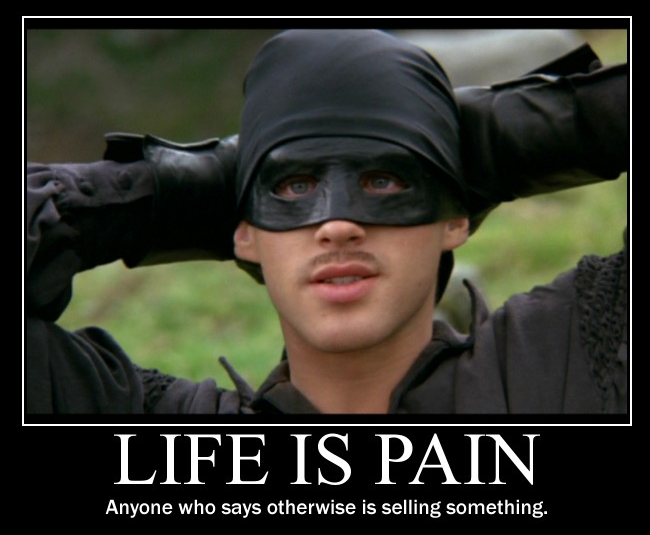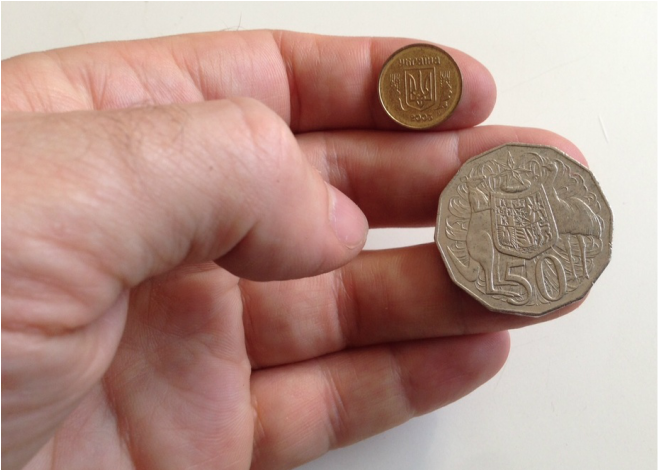---------------------------------------------------
Hew, Drew, Lou, and Sue all promised their mother they would regularly write and let her know how they were getting on during their round-the-world trip.
Hew wrote his letters, but gave them to the other people to post, none of whom bothered. So his mother never received any letters from him.
Drew wrote her letters and posted them herself, but she carelessly put them in disused boxes, attached too few stamps and made other mistakes which meant none of them ever arrived.
Lou wrote and posted all her letters properly, but the postal system let her down every time. Mother didn't hear from her.
Sue wrote and posted all her letters properly, and made brief phone calls to check they had arrived. Alas, none did.
Did any of the children keep their promise to their mother?
Source: The moral philosophy of H.A. Prichard, as critiqued by Mary Warnock in What Philosophers Think, edited by J. Baggini and J. Stanghroom (Continuum, 2003)
Baggini, J., The Pig That Wants to Be Eaten, 2005, p. 79.
---------------------------------------------------
Seems simple enough. Do intentions or consequences make all the difference? I promise to write you on Friday to let you know how I'm getting on with that debate.










